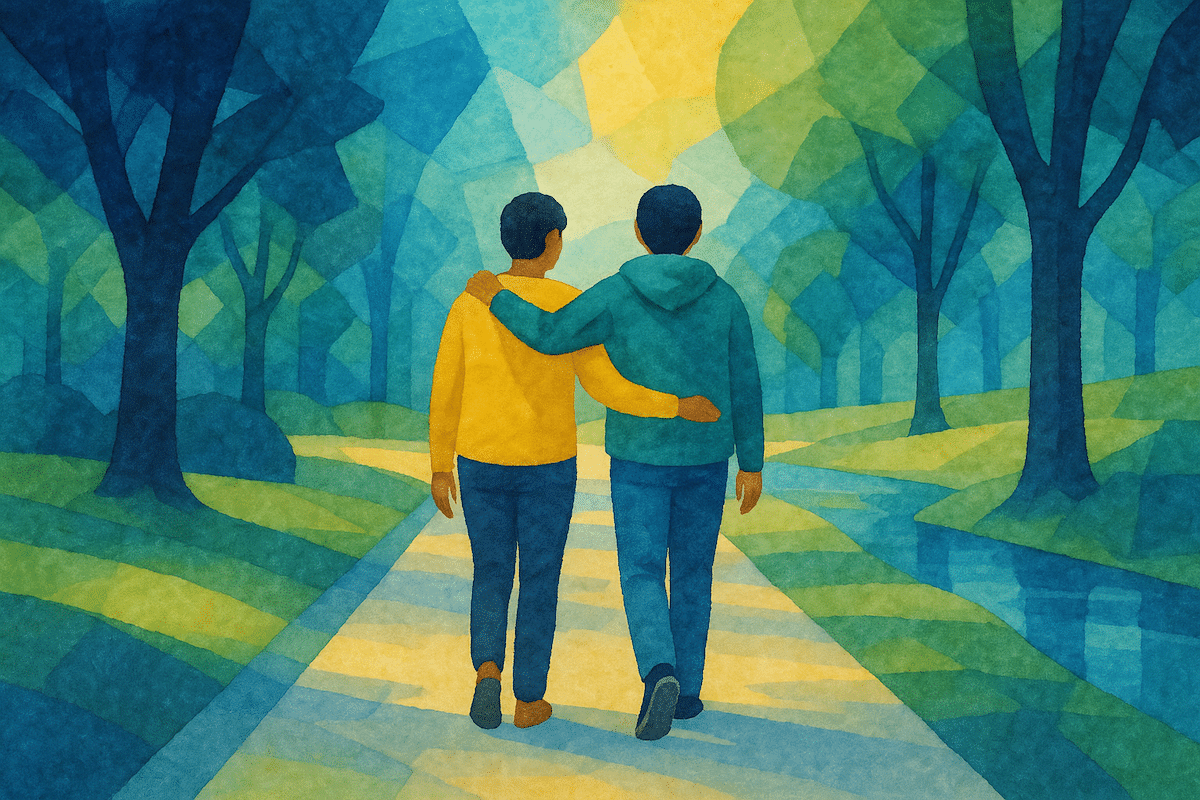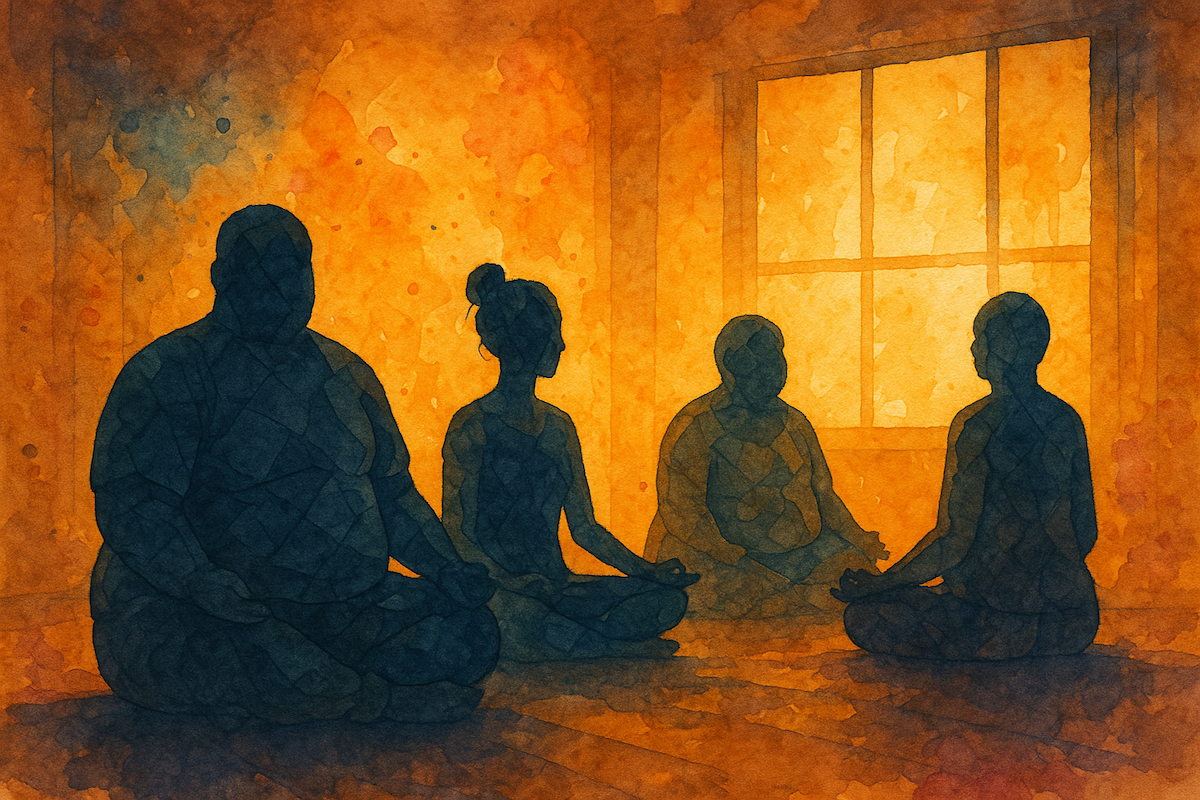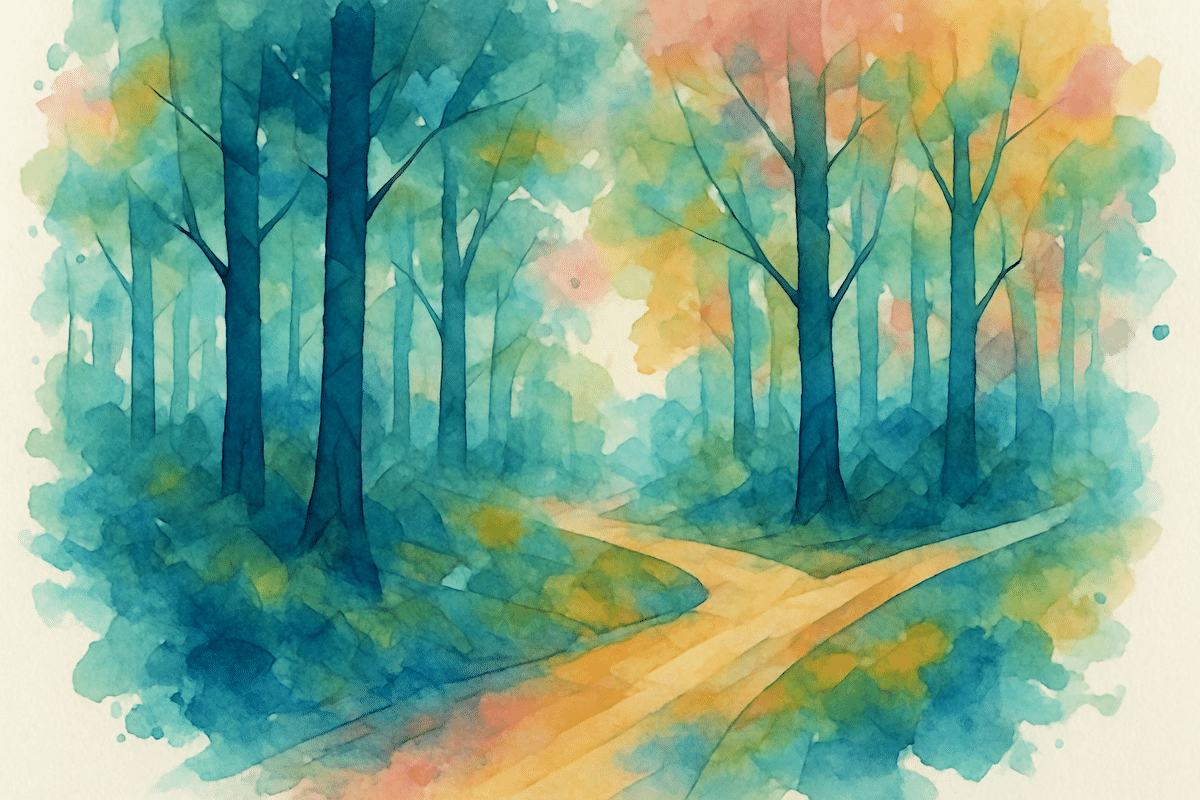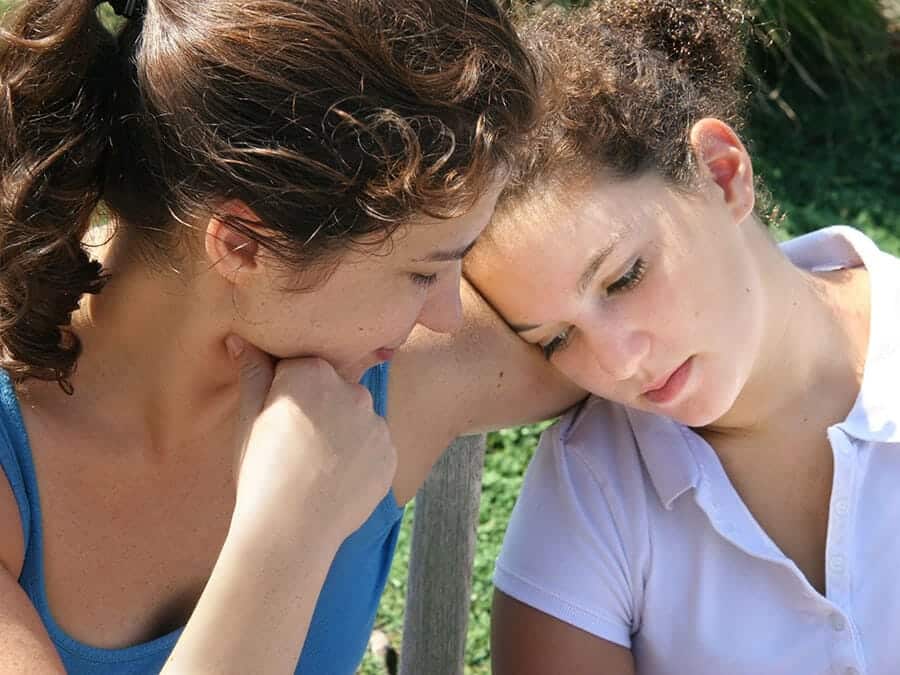When you think about addiction treatment, the first things that come to mind are probably detox, therapy, maybe medication, and support groups. And all of that is essential. But here’s something just as important — something that doesn’t always get as much attention: life skills training.
If you’re working toward recovery, you already know it’s about more than just saying no to drugs or alcohol. It’s about learning how to live again: how to handle stress, relationships, money, responsibilities, and everyday challenges in ways that don’t pull you back toward old habits. That’s where life skills training comes in.
What Is Life Skills Training?
Life skills training is simply learning (or relearning) the everyday tools we all need to function and thrive. For people in recovery, it means strengthening the kinds of skills that will help you avoid relapse and build a stable, fulfilling life.
Think of it like this — addiction often pushes everything else in life to the sidelines. Essential things like paying bills, keeping up with work, maintaining healthy relationships, and managing stress can fade entirely into the background when a person is in active addiction. Life skills training helps you bring it all back into focus.
These skills include things like:
- Managing stress and emotions without turning to substances to cope
- Problem-solving and decision-making in healthy ways
- Communicating effectively and handling conflict
- Taking care of yourself using basic self-care routines, health, sleep, and exercise
- Organizing your time and setting realistic goals
- Handling money, such as budgeting, saving, and paying bills
- Preparing for work with resumes, job interviews, and professional skills
Structured programs like Botvin’s Life Skills Training have been used for years to prevent substance use in young people by teaching social and coping skills early on¹.
Why Life Skills Training Matters in Recovery
Addiction often erodes our everyday routines
When you’re in the cycle of substance use, it’s common for regular responsibilities to stop being a priority. Maybe you stopped paying bills, missed work, lost your job, lost track of healthy habits, or let relationships slip to the wayside. These aren’t signs of weakness — they’re the reality of how addiction affects daily living.
So, when treatment ends, the question becomes: how do you rebuild your life and move forward? Without tools to handle the stress of rebuilding and reorienting yourself to the logistics of daily life, relapse becomes more likely.
Relapse is part of the risk
Addiction is considered a chronic, relapsing condition. Relapse rates when treatment stops are comparable to those for other chronic illnesses like diabetes or hypertension². Research shows that up to half of individuals who stop drinking may relapse within the first three months if they don’t have strong prevention strategies in place⁵.
This is where life skills come in. They give you practical strategies to face stress, conflict, boredom, and daily challenges — the very things that often trigger relapse.
The research supports it
Studies show that skills-based approaches (things like problem-solving training, coping strategies, and structured relapse-prevention programs) make recovery stronger and more sustainable³. Meta-analyses also highlight that combining skills training with therapy and medication leads to better long-term outcomes than treatment alone⁶.
The message here is clear: treatment isn’t just about stopping substance use. It’s about learning how to live well in recovery.
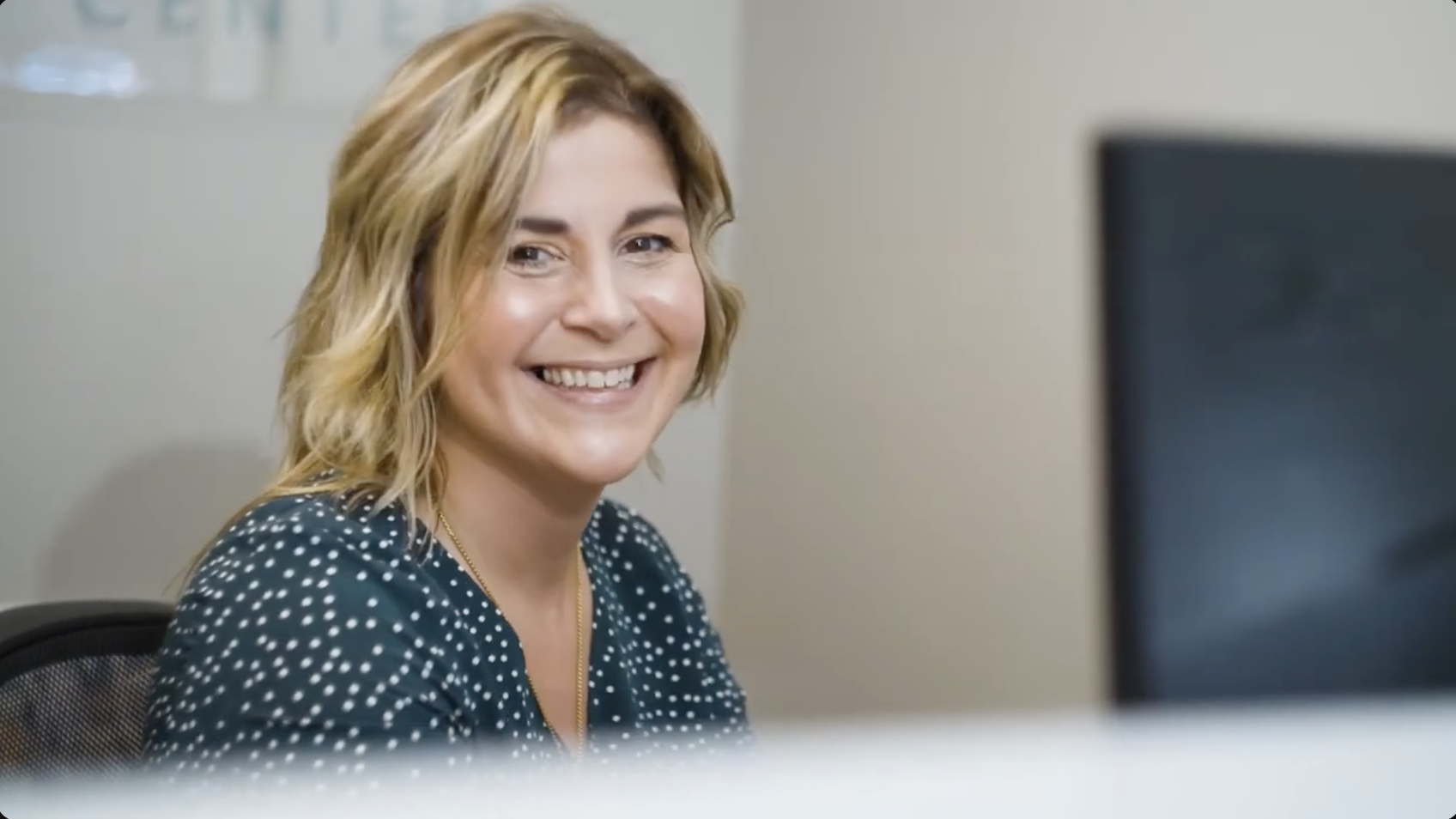
Silver Pines
Addiction Treatment To Help You Recover What Matters
No matter where you are in your journey, we’re here to help you build a life rooted in lasting sobriety, real connection, and a renewed sense of purpose.
Watch the video to learn more.
How Life Skills Training Fits into Addiction Treatment
Life skills training doesn’t replace therapy or medication — it complements them. Here’s how it often shows up in treatment programs:
- Personalized assessment – At the start of rehab, staff may ask about your strengths and challenges. Do you struggle most with stress management? Employment? Communication? This kind of information helps tailor the training to your needs.
- Step-by-step learning – Programs often start small (daily routines, stress management) and then move into bigger areas like money management and work skills.
- Practice makes progress – It’s not just about talking. Practice the skills you’re learning. That might mean role-playing tough conversations, creating a mock budget, or practicing job interviews. This type of hands-on practice is central to cognitive-behavioral coping skills approaches².
- Tied directly to relapse prevention – Every skill is linked back to recovery. For example, learning to assertively say “no” helps you navigate social situations without feeling pressured to drink or use.
- Supported by peers and mentors – Recovery groups often include peer support, making it less intimidating to practice new skills. You learn not just from professionals or doctors, but from people who’ve been where you are⁴.
- Carried into aftercare – These skills don’t stop at rehab. They’re reinforced in outpatient programs, alum groups, and everyday life.
The Bigger Picture: Recovery That Lasts
Here’s the truth: recovery isn’t just about staying away from substances. It’s about building a life worth staying sober for — and that takes more than willpower. It takes real tools, support, and practice.
Life skills training helps you:
- Feel more confident and capable
- Manage stress before it leads to cravings
- Navigate relationships with less conflict
- Keep up with responsibilities like work and money
- Build a sense of independence and purpose
No one can promise you a relapse-free life. However, strengthening these skills provides a powerful foundation to face challenges head-on and navigate recovery with resilience, rather than fear. Research shows that recovery thrives when people feel connected, supported, and capable of handling life’s demands⁷.
A Gentle Reminder
If you’re reading this and feeling overwhelmed, that’s okay. No one expects you to have it all figured out. Recovery is not about perfection — it’s about progress, one step at a time. Life skills training is just one of the ways treatment programs can support you, helping you rebuild and recover what matters most to you.
At STR Behavioral Health in Pennsylvania, we provide detox, medication-assisted treatment, and residential programs designed to address all aspects of addiction.
Lasting recovery begins with that first step. Contact our admissions team today or complete the form below to learn more about our detox and addiction treatment programs. Recovery is possible — and we’re here to help you get there.
References
- Botvin, G. J., & Griffin, K. (n.d.). Life skills training: A competence enhancement approach to tobacco, alcohol, and drug abuse prevention [Book chapter]. Formed Families Forward.
- National Institute on Alcohol Abuse and Alcoholism. (1995). Cognitive-behavioral coping skills therapy manual (Project MATCH Monograph Series, Vol. 3). U.S. Department of Health and Human Services.
- Marlatt, G. A., & Donovan, D. M. (2011). Relapse prevention for addictive behaviors. Substance Abuse Treatment, Prevention, and Policy, 6(17). BioMed Central.
- Hazelden Betty Ford Foundation. (n.d.). Recovery life skills program. Hazelden Publishing.
- University of Wisconsin Department of Family Medicine and Community Health. (2016). Reducing relapse risk. University of Wisconsin School of Medicine and Public Health.
- Khemiri, L., Jayaram-Lindström, N., Larsson, A., & Rück, C. (2025). Effectiveness of relapse prevention strategies: A meta-analysis. Medicina, 61(4), 619.
- Best, D., Vanderplasschen, W., & Nisic, M. (2021). Thriving in recovery: The role of life skills and social connectedness. Journal of Substance Abuse Treatment, 131, 108555.
Contact Us
Take the first step toward recovery today. Call now to connect with a compassionate team member who will answer your questions and guide you through the admissions process.
Prefer we reach out to you? Complete our contact form, and we’ll be in touch soon.
Admissions
